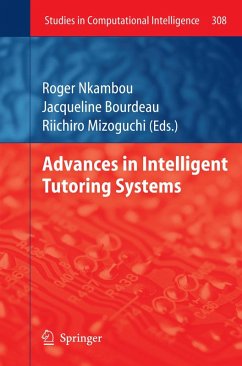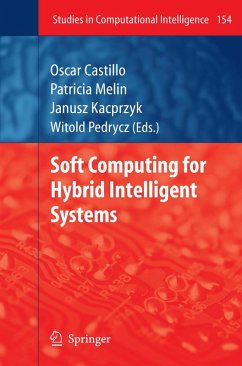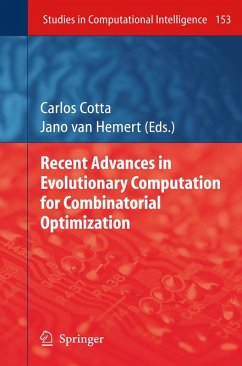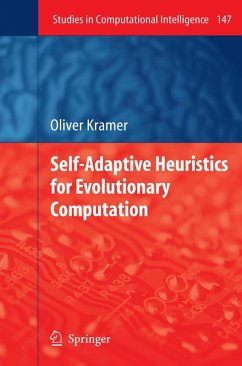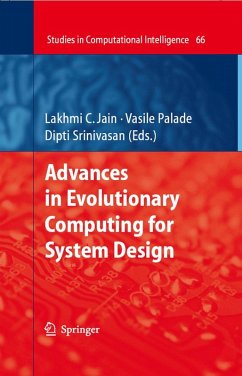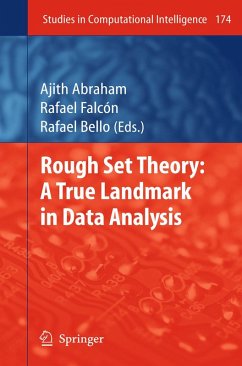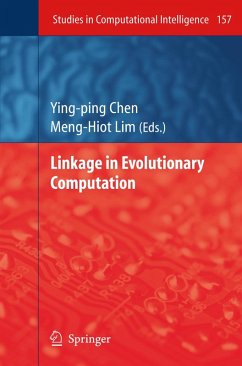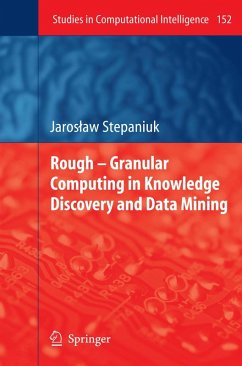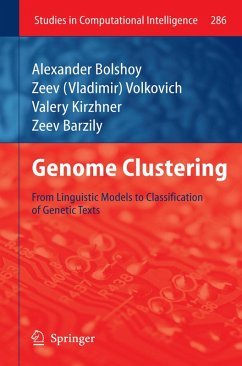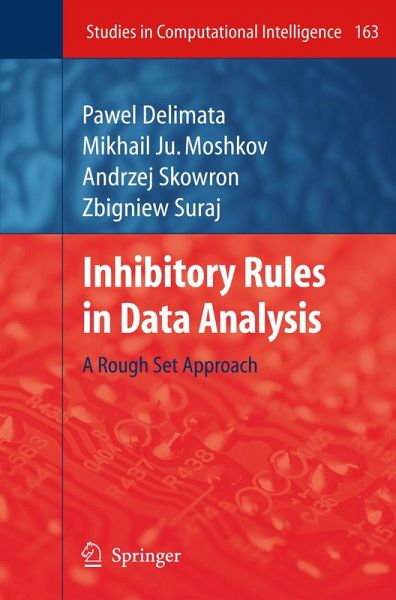
Inhibitory Rules in Data Analysis (eBook, PDF)
A Rough Set Approach
Versandkostenfrei!
Sofort per Download lieferbar
72,95 €
inkl. MwSt.
Weitere Ausgaben:

PAYBACK Punkte
36 °P sammeln!
This monograph is devoted to theoretical and experimental study of inhibitory decision and association rules. Inhibitory rules contain on the right-hand side a relation of the kind "attribut = value". The use of inhibitory rules instead of deterministic (standard) ones allows us to describe more completely infor- tion encoded in decision or information systems and to design classi?ers of high quality. The mostimportantfeatureofthis monographis thatit includesanadvanced mathematical analysis of problems on inhibitory rules. We consider algorithms for construction of inhibitory rules, bounds on ...
This monograph is devoted to theoretical and experimental study of inhibitory decision and association rules. Inhibitory rules contain on the right-hand side a relation of the kind "attribut = value". The use of inhibitory rules instead of deterministic (standard) ones allows us to describe more completely infor- tion encoded in decision or information systems and to design classi?ers of high quality. The mostimportantfeatureofthis monographis thatit includesanadvanced mathematical analysis of problems on inhibitory rules. We consider algorithms for construction of inhibitory rules, bounds on minimal complexity of inhibitory rules, and algorithms for construction of the set of all minimal inhibitory rules. We also discuss results of experiments with standard and lazy classi?ers based on inhibitory rules. These results show that inhibitory decision and association rules can be used in data mining and knowledge discovery both for knowledge representation and for prediction. Inhibitory rules can be also used under the analysis and design of concurrent systems. The results obtained in the monograph can be useful for researchers in such areas as machine learning, data mining and knowledge discovery, especially for those who are working in rough set theory, test theory, and logical analysis of data (LAD). The monograph can be used under the creation of courses for graduate students and for Ph.D. studies. TheauthorsofthisbookextendanexpressionofgratitudetoProfessorJanusz Kacprzyk, to Dr. Thomas Ditzinger and to the Studies in Computational Int- ligence sta? at Springer for their support in making this book possible.
Dieser Download kann aus rechtlichen Gründen nur mit Rechnungsadresse in A, B, BG, CY, CZ, D, DK, EW, E, FIN, F, GR, HR, H, IRL, I, LT, L, LR, M, NL, PL, P, R, S, SLO, SK ausgeliefert werden.



